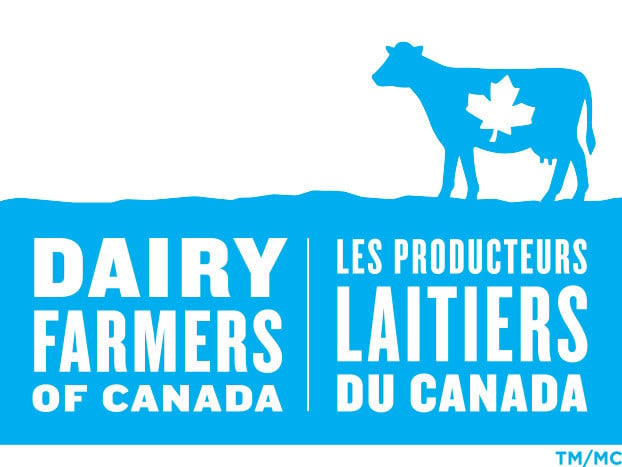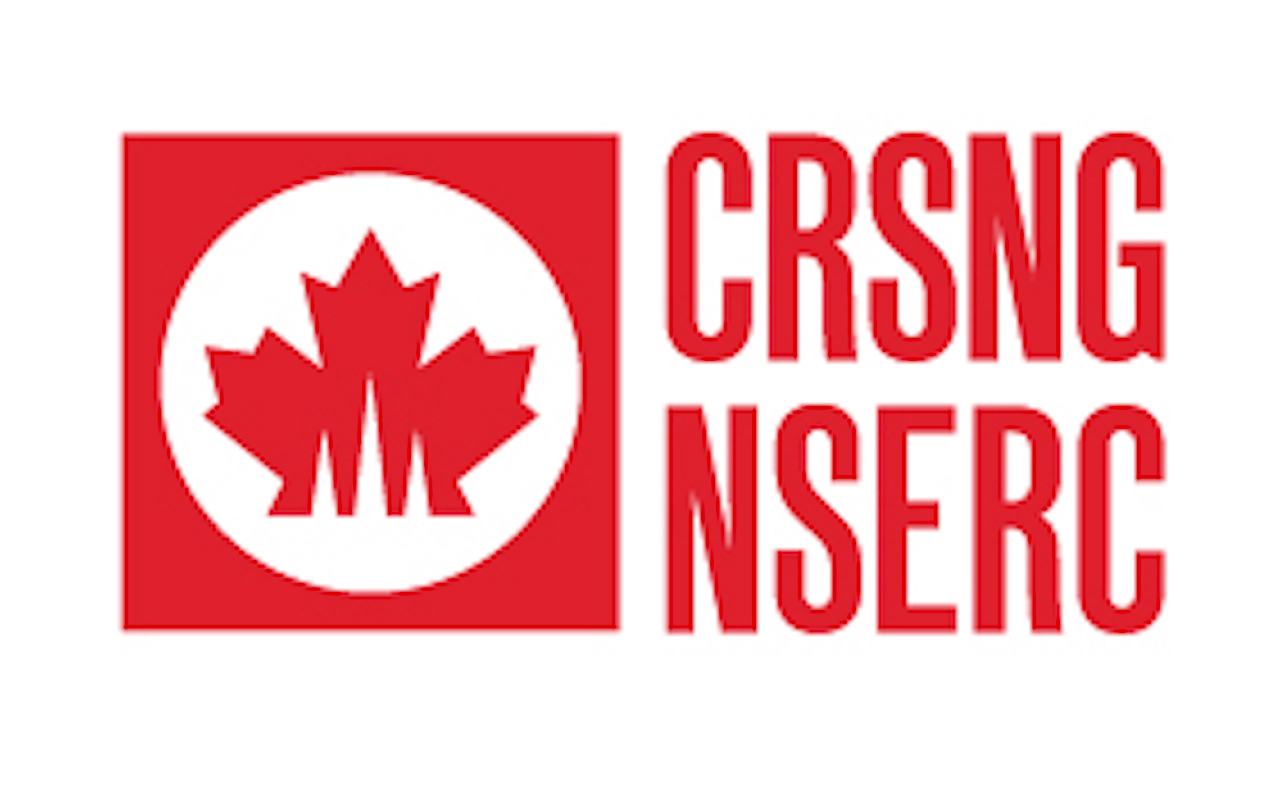Precision feeding in robot milked cows to improve feed efficiency and reduce greenhouse gas emissions
Ongoing

Project overview
Feed represents the primary cost of production on dairy farms, thus any opportunity to improve efficiency of feed conversion has the potential to significantly affect dairy farm profitability. Improvements in feed efficiency are also linked to reductions in greenhouse gas emissions (GHG; including methane). Group feeding of dairy cows total mixed rations (TMR), while largely effective, may not always be optimal from a nutrient efficiency standpoint across all cows within a herd. With continued rapid adoption of automated (robotic) milking systems (AMS) on Canadian dairy farms, there is opportunity to strategically feed individual cows ('precision feeding'). To date, the dairy feed sector has relied on limited research for knowledge on best practices of feeding AMS herds. One area with no research is the impact of AMS feeding practices on feed efficiency and GHG emissions. It could be predicted that feed efficiency would be improved and GHG production reduced by more accurately matching AMS supplementation to cow requirements, while taking into account the total feed intake level of the cows. Feed tables in AMS allow for such strategic targeting of nutrient supplementation.
The objective of this project is to understand the impact of individualized automated milking system (AMS) feeding, based on requirements for production and maintenance, of dairy cows on feed efficiency and GHG production.
What Will the Research Team Do?
The research team will:
- test how different AMS concentrate feeding strategies (fixed vs. amounts related to either individual cow milk yield or individual milk yield and actual total feed intake) affect feed efficiency and GHG production, in addition to the effects on cow milk production (yield and composition, including milk fatty acid profile).
- determine the association between feed efficiency and GHG production in dairy cows milked by AMS.
- calculate the potential economic benefits of such an individualized feeding strategy in AMS cows.
Principal Investigator
Trevor DeVries
University of Guelph
Co-Investigators
John Cant
University of Guelph
Christine Baes
University of Guelph
Greg Penner
University of Saskatchewan
Rodrigo Molano
Lactanet
Débora Santschi
Lactanet
Key Words
- Precision feeding, feed efficiency, AMS, GHG
Period: 2024-2027
Budget: $156,858
Last Updated: June 09, 2025
Note: As per the research agreement, aside from providing financial support, the funders have no decision-making role in the conduct of the studies, data collection, and analysis or interpretation of the data. Researchers are independent in conducting their studies, own their data, and report the outcomes regardless of the results. The decision to publish the results rests entirely with the researchers.

